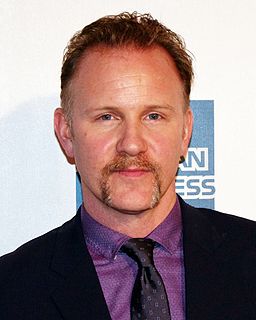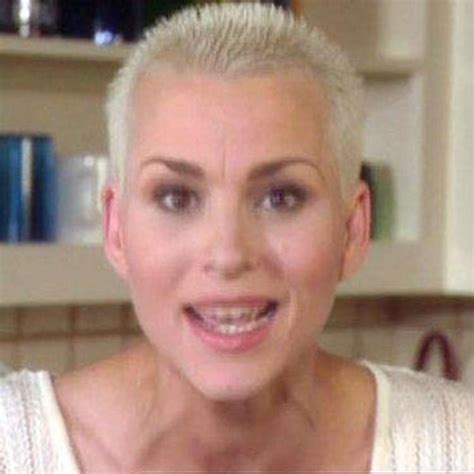A Quote by Louis L'Amour
Knowledge is like money: to be of value it must circulate, and in circulating it can increase in quantity and, hopefully, in value.
Related Quotes
I have endeavoured to show that the ability to pay taxes depends, not on the gross money value of the mass of commodities, nor on the net money value of the revenue of capitalists and landlords, but on the money value of each man's revenue compared to the money value of the commodities which he usually consumes.
Desired substance, things, patterns, or sequences of experience that are in some sense "good" for the organism - items of diet, conditions of life, temperature, entertainment, sex, and so forth - are never such that more of the something is always better than less of the something. Rather, for all objects and experiences, there is a quantity that has optimum value. Above that quantity, the variable becomes toxic. To fall below that value is to be deprived.

































